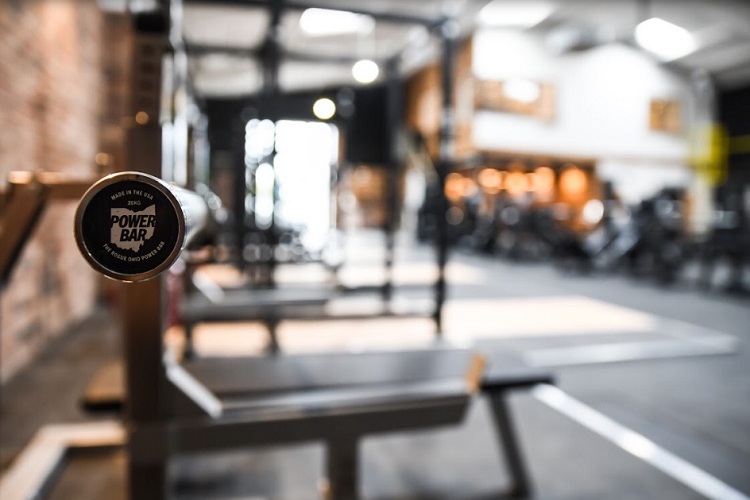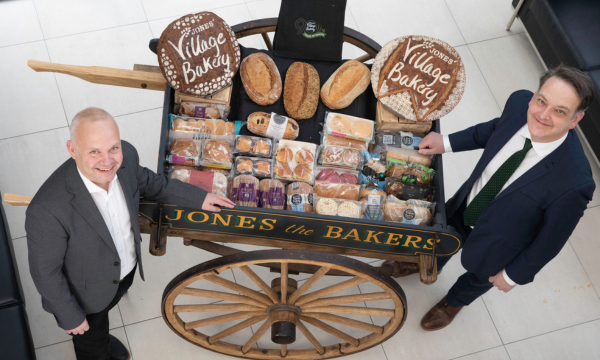The world’s fastest-growing marketplace has discovered that gyms could be set to lose 37% in revenue as Brits plan to stick to lifestyle changes made in lockdown.
According to the research, restaurants and high street retail are set to be the next hardest hit industries, as more people plan to continue cooking at home and spend less in physical shops. The research comes after DW Sports announced it will be entering administration and Pizza Express consider closing 67 of its UK restaurants.

The world’s fastest-growing marketplace has surveyed the British public on what new lifestyle changes they would be sticking with now the UK is easing restrictions, to discover which industries would be hit hardest.
After surveying 2,572 members of the public, OnBuy.com discovered that only 63% of gym goers have renewed their membership after lockdown, meaning that gyms could be set to lose as much as 37% revenue.
Similarly, 35% of respondents stated they plan to significantly reduce or stop eating out at restaurants altogether, with a further third (33%) indicating they plan to stop or significantly cut down on visits to high street retail stores. The research comes after recent news that gym and sports retailer DW Sports will be going into administration, and high street restaurant chain, Pizza Express, is considering closing 67 UK restaurants.
The five industries that will be hit hardest by the changing lifestyle habits of Brits are:
1. Gyms – 37% loss in revenue
37% of gym goers said they would not renew or have already cancelled their gym membership. The main reason for this being that they feel gyms are unsafe (47% believe so), followed by 21% of people who now prefer exercising at home or outdoors. Sixteen percent also stated that they can no longer afford a membership.
2. Restaurants – 35% loss in revenue
35% of respondents stated that they planned to significantly reduce or stop eating out altogether at restaurants. Safety was again one of the most popular issues (31% feel unsafe eating out), but the top response was that they had improved their own cooking during lockdown (36%).
3. High street retail – 33% loss in revenue
33% of people plan to stop or significantly reduce visits to high street stores. As well as safety concerns (25%), the most popular reason was that they preferred shopping online (59%).
4. Beauty parlours – 31% loss in revenue
31% plan to use beauty salons significantly less, aside from safety (21%), a quarter of people have invested in their own home treatments, while a third (31%) don’t wish to spend money on beauty related services anymore.
5. Aviation – 31% loss in revenue
31% of respondents do not intend to travel abroad for at least another year. Again, safety was a popular reason (38%), along with a new interest in holidaying within the UK (25%) and less disposable income to spend on foreign holidays (24%).
The full survey results with the 10 industries that will be hit hardest by British lifestyle changes can be found here: https://www.onbuy.com/gb/blog/the-industries-that-will-be-hit-hardest-by-the-changing-lifestyle-trends-of-britain~a247/
As the fastest-growing marketplace in the world, OnBuy offers competitive prices on millions of products supplied by thousands of trusted online retailers. From household names to independent sellers, buyers can shop securely for products from a range of categories, such as electricals, baby and toddler, home and garden, and cars and automotive.
Cas Paton, founder and CEO of OnBuy, said,
“I think that for a lot of people, lockdown became a time for a bit of personal reflection and a re-evaluation of their spending habits. While this will be great for tightening up the purse strings and saving a few pounds, there will inevitably be knock on effects across the economy.
“While these lifestyle changes won’t have been the sole cause, we have already seen how hard some of the big national chains have been hit this year and the sad news is that it looks like more will follow. With lockdown restrictions easing, things will be sure to pick up soon and certainty can return to the British economy.”










